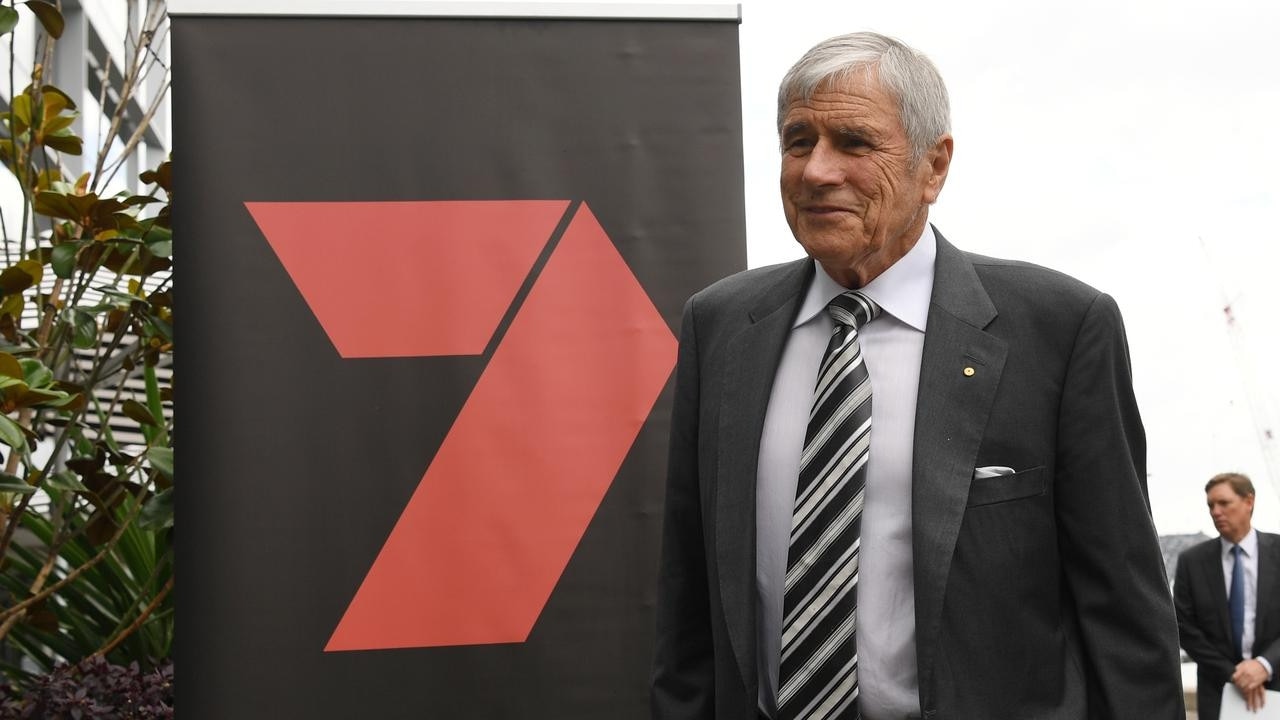American film producer Amy Ziering pitches for backing
American film producer Amy Ziering can’t believe the amount of funding Australian documentaries receive.

Local philanthropists have contributed more than $4.2 million in funding to five Australian and one US documentaries in a result American producer Amy Ziering describes as “crazy”.
“To see that kind of money in independent film in the documentary space is unheard of in the United States,” said Ziering, whose Academy Award-nominated film The Hunting Ground joined five Australian projects raising funds for social impact campaigns.
Gretel Packer, funds manager David Paradice, the Crown Foundation and Nine Entertainment Co chairman David Haslingden are believed to be among many philanthropists committing funds to the six films at the Good Pitch Australia event at the Sydney Opera House this week.
The commitments nearly doubled last year’s $2.2m fundraising and financiers could see that money had already delivered substantial results. The subject of a recent tabloid controversy, Gayby Baby, was one of the “social impact” films to raise funds last year, alongside Damon Gameau’s look at the evils of sugar, That Sugar Film, which has subsequently become the highest-grossing local documentary at the Australian box office ever.
The Good Pitch program, overseen here by Ian Darling’s Shark Island Institute Documentary Australia Foundation, aims to build strategic partnerships and raise funds to support the production and distribution of films that aim to have a lasting positive impact.
Ziering’s films have already done that. The producer’s Emmy Award-winning 2012 film, The Invisible War, resulted in increased awareness and new US legislation dealing with the film’s subject, assault and abuse within the US military.
The Hunting Ground, about sexual assault on college campuses, has had a similar impact within the US and funds raised at Good Pitch will help the film reach Australian audiences.
Such films now have “impact producers” whose job is to ensure not necessarily box office takings but broader reach, with the introduction of study guides, action points, tailored strategic screenings and social media campaigns, so not only the right people see it but they do something about it.
“It’s not just ‘hey, let’s all watch a film’, it’s these very tailored strategic screenings,” Ziering says. “An impact campaign bears no comparison to a conventional film or TV release. It might not trot off to theatres. I don’t know about here but in the US people don’t go to documentaries unless they’re about rock stars or they have a famous funny documentarian like Michael Moore, a celebrity aspect to them. So you wouldn’t really have an impact with it.
“But if you handhold it and screen it to the right people … we now have the budget and more for a really intelligent and robust campaign to raise awareness on the issue here.”
Ziering is the embodiment of impact. The former student of Jacques Derrida (she made a documentary about the French deconstructionist in 2002) moved from academia and has made an outrageous splash.
And she has learned nothing comes close to the access and impact of film as a medium for a message. “I do think that if you are going to be inclined towards philanthropy, it is an extremely good use of your dollar,” she says.
Her two most recent films have been screened to politicians at Capitol Hill and subsequently changed laws. One lobbyist admiringly told her after The Invisible War that she would have had to spend $US150m on lobbyists by conventional means to spark the legislative changes her $US850,000 film generated.
Documentaries generally are now also finding broader and more attentive and involved audiences. Theatrically, films including Amy, That Sugar Film and Iris have performed beyond expectations at the Australian box office this year, while the genre has been particularly popular on Netflix and continues to deliver strong ratings for SBS, ABC and increasingly the commercial networks.
Ziering contends the popularity of the documentary form “intuitively, not based on research, seems to relate, at least in the States, to all of our mainstream media organisations really cutting down on their investigative bureaus”.
She argues that with dollars being sucked out of conventional media outlets and the web recycling “certain stories”, the economics of journalism has changed, leading to a shrinking of funding for investigative pieces.
“Documentaries have always been doing them but now people are watching them and turning to them more for comprehensive deep dives into issues,” she says.
“It’s not about the cult of personality; it’s more about I’m going to help you understand something you may be curious about. The other thing is we are so overwhelmed now and our time and attention is so fragmented, I think there is a kind of unconscious backlash desire for somebody to take us away for 90 minutes in an undistracted way. Who would have known that that would have been the effect?”


